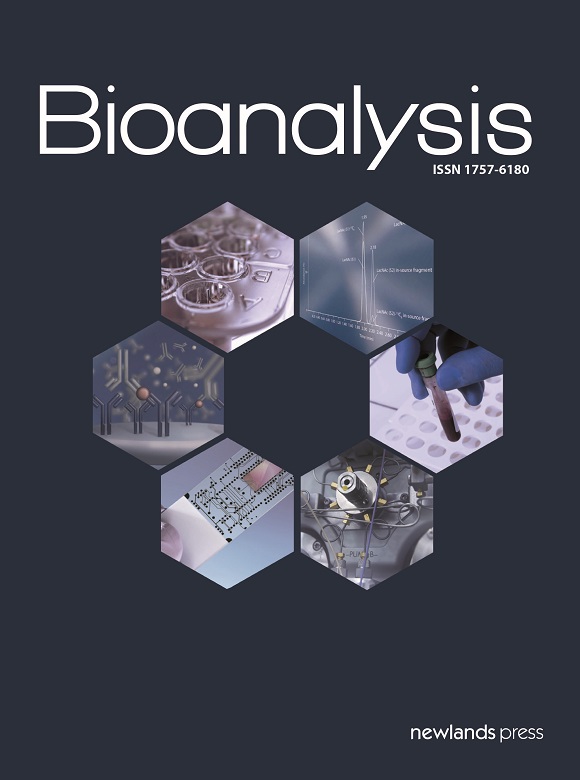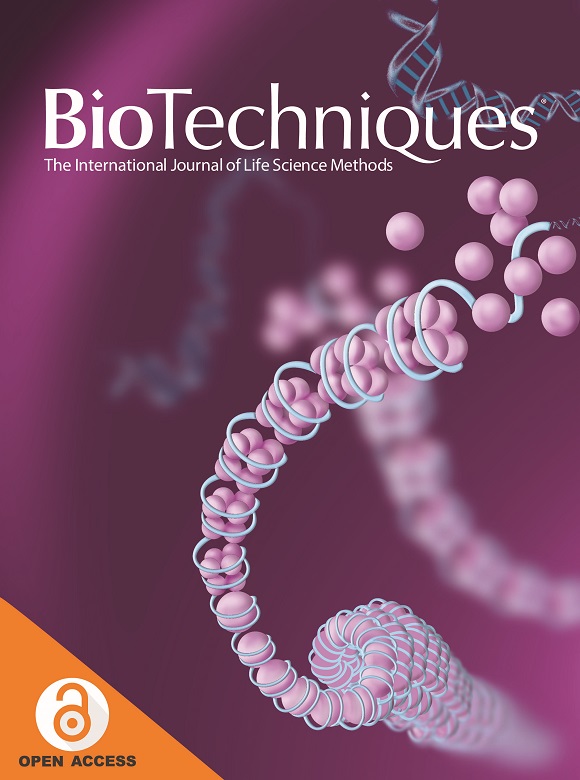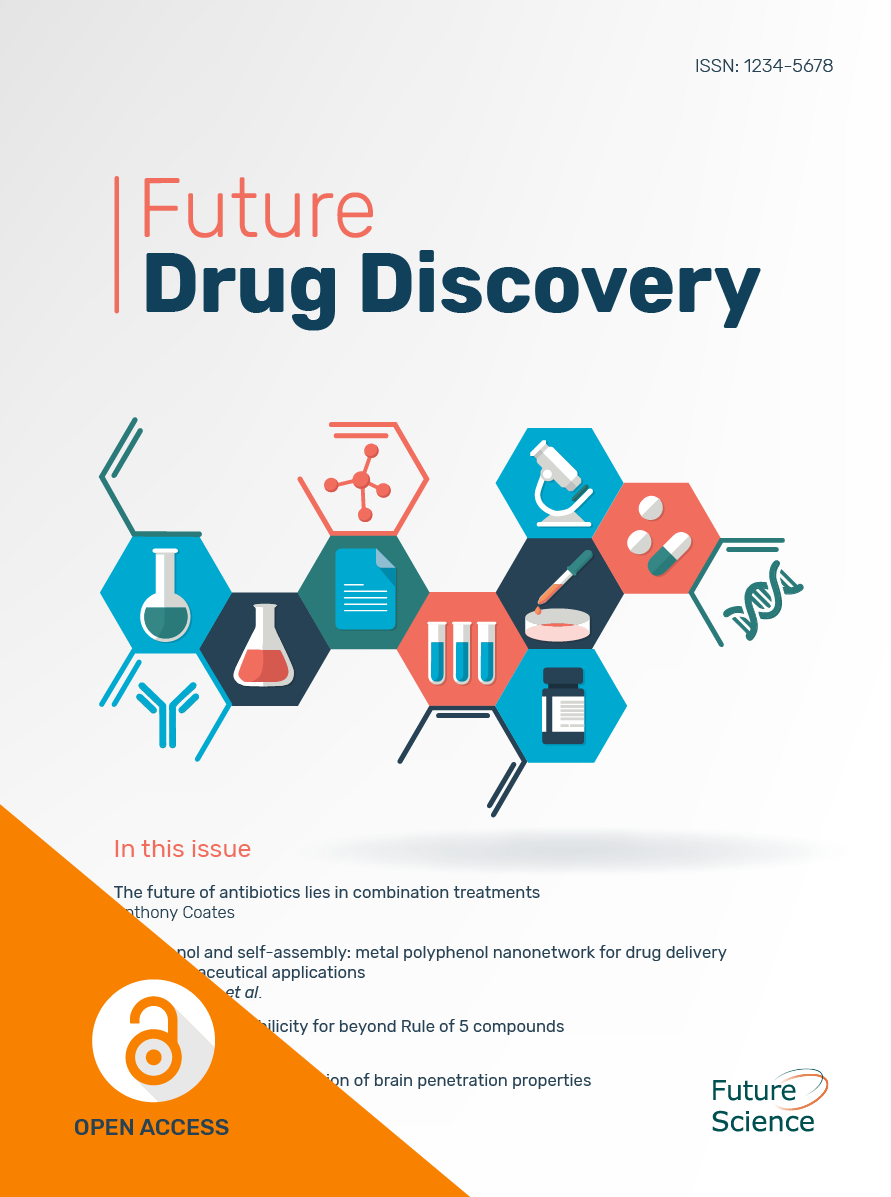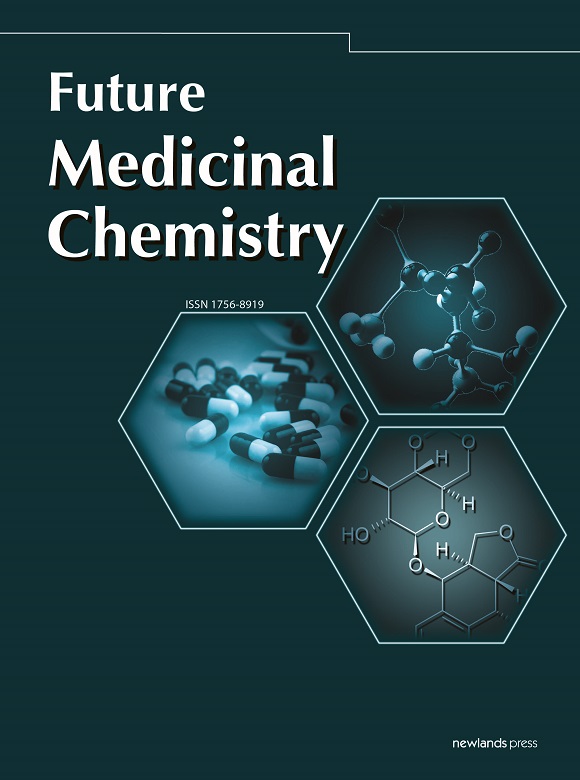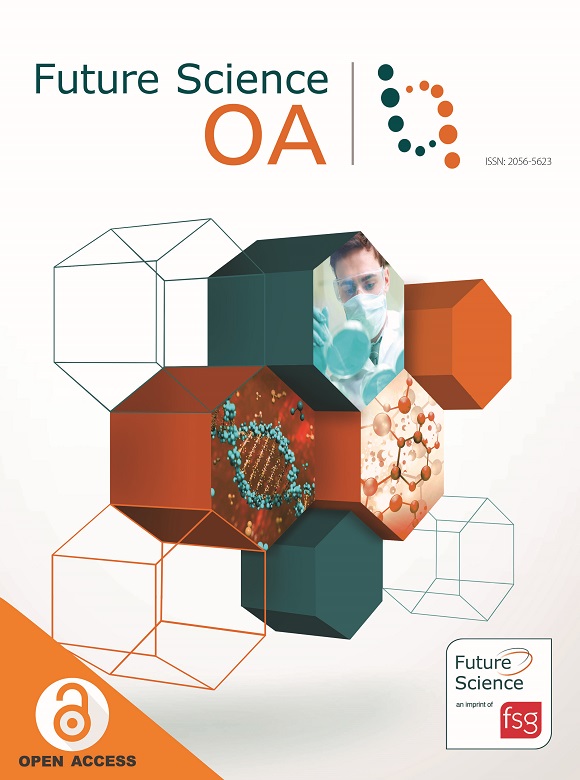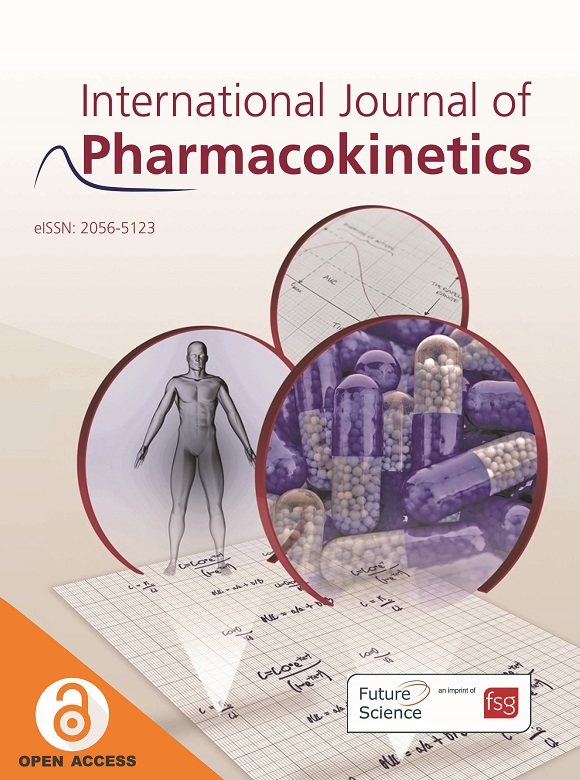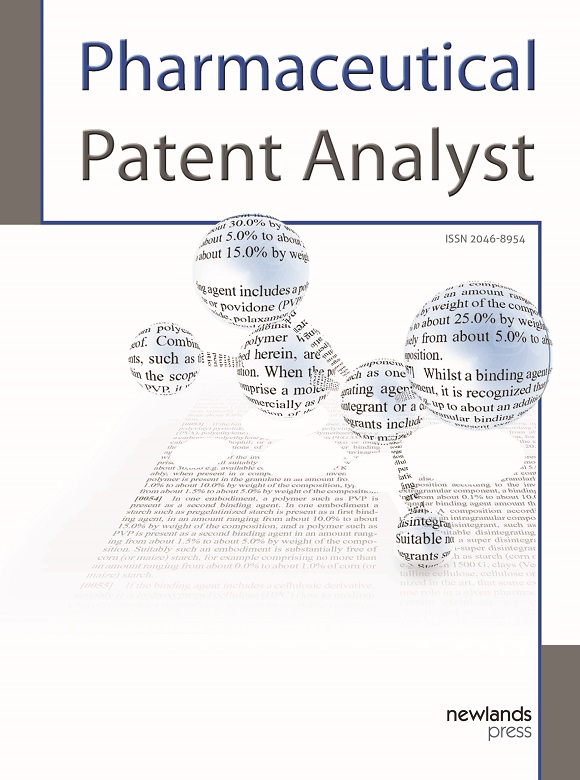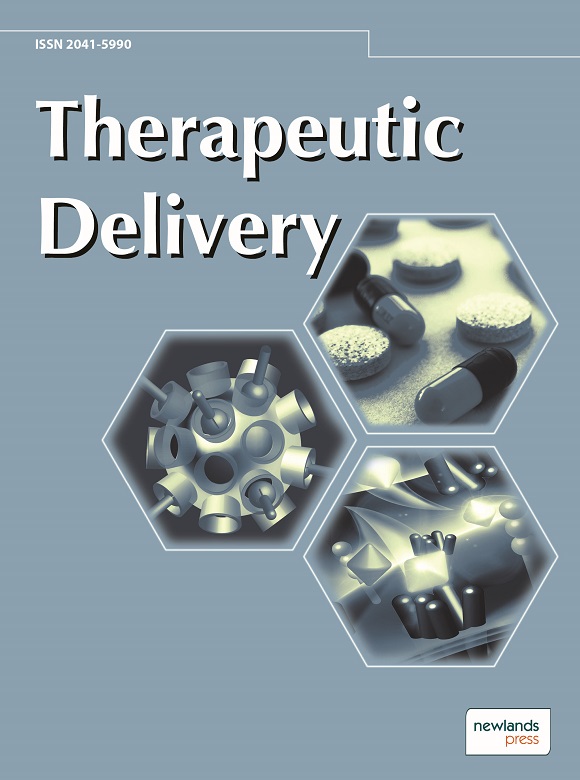Future Science OA's Young Ambassadors
We believe it is important to have the feedback and input of the next generation of researchers. The FSOA young ambassadors are early-career researchers who are supporting the journal and its Editorial Board.

Marcelo Petri, Karolinska Institutet, Sweden
Marcelo Petri was born in Brazil, and obtained his medical degree in Mexico. He has maintained an interest in how inflammation promotes pain and impairs patient healing in chronic situations. His Master’s degree in immunology described the profile of auto-antibodies in Mexican patients with inflammatory myopathies and other autoimmune diseases and how it could impact disease activity. Still considering chronic inflammation, he completed his PhD at the Karolinska institute, taking a different approach in a different field; instead of blocking the induction of inflammation, he used lipid mediators to promote resolution and healing of vascular chronic inflammation such as atherosclerosis and stenosis.

Hemant Sarin, Freelance Investigator, USA
Dr. Hemant Sarin is presently a Freelance Investigator in Science and Medicine. Dr. Sarin earned his Bachelor ofScience in Biology with Highest Honors (1994) followed by a Medical Doctorate(1999), and went on to gain experience in Neurosurgery (2000-2003) priorto completing the National Institutes of Health Imaging Sciences Program whiledeveloping his Translational Imaging-based Malignant Glioma ResearchProgram concomitantly (2004-2009). Dr. Sarin then went on gain additional intensive experience in Neurology for 6 months (2010), International Science Policy for 6 months (2011) and American Board Eligibility in Occupational and Environmental Medicine (2012-2014) while earning his Master of Science degree concomitantly on the conserved basis of toxin and toxicant interactions in the physiologic state.

Heloisa Helena Milioli, The University of Newcastle, Australia
Heloisa Helena Milioli received a BSc degree in Biological Sciences (2008) from the Universidade Federal de Santa Catarina (Brazil) and obtained a MSc degree in Genetics (2011) from Universidade Federal do Paraná (Brazil). In 2011 and 2012, she worked as a lecturer and tutor in the Department of Cell Biology, Embryology and Genetics (Universidade Federal de Santa Catarina). She moved to Australia in 2012 to obtain her PhD in Biological Sciences, with emphasis on Bioinformatics, from The University of Newcastle. Her doctoral work brings together new considerations in the breast cancer field by combining novel bioinformatics approaches with the study of intrinsic subtypes. She has been applying advanced methods and sophisticated algorithms in unconventional computer architecture for the molecular classification of breast cancer based on the genomic (SNP, CNA and CNV) and transcriptomic (gene expression and miRNA) signatures. Fundamental research will allow her to identify biomarkers of use in translational medicine for the diagnosis, prognosis and disease management focused on group-based tailored therapies. We interviewed Heloisa about her time as an early career researcher, and what advice she has for others. You can read the full interview here.

Eleftheria Anastasopoulou, Cancer Immunology and Immunotherapy Center (CIIC), Saint Savas Cancer Hospital, Greece
Eleftheria is currently persuing her PhD in in immunotherapy of cancer and biomarkers. Her interests focus mainly on detection of tumor antogen-specific T cells in vaccinated patients. She attained her degree at the National and Kapodistrian University of Athens, and holds an MSc from Leiden University. We interviewed Eleftheria about her time as an early career researcher, and what advice she has for others. You can read the full interview here.

Hind N Moussa, The University of Texas Health Science Center at Houston, USA
Hind is currently a Maternal-Fetal Medicine Fellow in the Department of Obstetrics, Gynecology, and Reproductive Sciences at University of Texas Health Science Center at Houston. She attained her PhD at the American University of Beirut (Lebanon), before conducting various academic appointments and residencies in Lebanon and the USA. She has also received various honors and awards.

Kavita Beri, Jersey Shore University Medical Center, USA
Dr Beri is a Board Certified Physician in the USA and an active member of the American Society of Laser Medicine and Surgery. She is also the Medical Director and owner of an Aesthetic Anti Aging Medical Spa practice in NJ, USA. She currently holds the position as a Visiting Scientist at the Department of Bio Materials and Center of Dermal Research at Rutgers: State University of NJ. She is also an active staff member in the Department of Medicine in Jersey Shore University Medical Center.
She holds two research patents and has presented in several international regenerative medicine conferences as well as been a guest speaker on various topics. She holds a Distinction in Biochemistry and has contributed to several publications . Her passion is research in the regenerative medicine field of tissue engineering with stem cells combined with lasers, including cancer stem cells and medicinal properties of plant stem cells in wound healing and skin regeneration. She holds a strong interest and is a follower of yoga science and Vedic philosophy and its influence on scientific research. We interviewed Kavita about her time as an early career researcher, and what advice she has for others. You can read the full interview here.

Ruth Kennedy, University of Leeds, UK
Ruth is currently researching B-cell Lymphomas in the lab of Prof. Ulf Klein at the University of Leeds, following her PhD within the head and neck cancer research group at Hull University, UK. Her PhD focused on head and neck cancer chemo-radiotherapy regimens utilizing microfluidic technology to maintain and interrogate biopsies. Ruth obtained a first class (Hons) degree in Biological Sciences from Lancaster University (UK) during which time she spent a year at the University of Wollongong, Australia. We interviewed Ruth about her career thus far and the challenges she sees facing other early career researchers. You can connect with her via her LinkedIn profile and Twitter. Ruth is also one of Future Science OA's social media editors.

Karl Schneider, Department of Biomedical Research, Medical University of Vienna, Austria
Dr. Karl Schneider obtained his PhD (Hons) from the University of National Resources and Life Sciences, Vienna (BOKU, Austria). The research was performed in cooperation with Ludwig Boltzmann Institute for Experimental and Clinical Traumatology/AUVA Research Center (Austria) and the University of Applied Science Technikum Wien (Austria). His research has been devoted to the study of vascularization of tissues with a focus on two main areas: first, the development of decellularization strategies for human placenta vascular tissues; and second, 3D co-culture models for the development of novel prevascularization techniques in tissue engineering. His study was part of the international BIODESIGN project founded by the European commission. His achievements are reflected in publications in prestigious and highly-ranked scientific journals. In early 2016 Dr. Schneider joined the Medical University of Vienna, Department of Biomedical Research. As a post-doctoral researcher his work mainly involves development and in-vitro/in-vivo characterization of cardiovascular prosthetic grafts up to a preclinical level. You can connect with Karl via LinkedIn.

Olumide Odeyemi, University of Tasmania, Australia
Olumide is a research scientist with a doctoral degree from the University of Tasmania, Australia. His areas of expertise and interest include food microbiology, microbial food safety and quality, aquaculture microbiology, and research communication. He currently works as a Research Outputs Officer at the University of Tasmania.
Dr Olumide is a recipient of various competitive international scholarships and awards among which are: University of Tasmania Graduate Research Travel Grant (2017), Australian Society for Microbiology conference bursary (2017), BOTES Travel Grant (2017), IMAS Research and Travel Grant (2017), Vice-Chancellor Leadership Award (2016), FSOA young ambassador (2016), Graduate Student Bursaries Award, University of Tasmania (2015), Travel Bursary Graduate Research Conference, University of Tasmania (2015), Vice-Chancellor Leadership Award (2015), Tasmania Graduate Research Scholarship (2014), University of Tasmania Tuition Fee Scholarship (2014). He has published more than 40 scientific papers in international journals and presented papers at various conferences.

Mark van Geffen, Freelance Investigator, The Netherlands
Mark gained a MSc degree in Biotechnology (2005). He completed his PhD at the Radboud University Nijmegen Medical Center (2012), developing a global haemostasis assay that was able to measure both thrombin and plasmin generation simultaneously and that was particularly sensitive to coagulation factor VIII. His current focus is the development of a novel point-of-care global haemostasis assay leading to improved diagnosis and treatment of coagulation diseases.

Nihal Engin Vrana, Protip Medical, France
Engin is Vice President (Scientific Affairs) of Protip Medical. Protip Medical has two CE-marked (European equivalent of FDA approval) implants ENTegral® and NewBreez® which have been already applied clinically and widely covered in European press. He obtained his PhD in 2009 at Dublin City University as an EU FP 7 Marie Curie ESR fellow. His major research interests are titanium implants, hydrogel tissue engineering, cell encapsulation, immunomodulation, real-time monitoring of implants and cell-biomaterial interactions. He is the scientific coordinator of 2 European Projects (EuroTransBio Bimot and FP7 IMMODGEL). He has published 40 articles in peer-reviewed academic journals (over 800 citations, h index: 17), 5 book chapters and holds 2 European patents (2 more in progress). He recently edited a book for Taylor and Francis on Cell Material Interactions (2015). His awards include Parlar Foundation Thesis of the Year (2006), European Society of Biomaterials Translational Research award (2011) and 2nd Aegean R&D Patent competition 1st place award (2012), International Federation of Otorhinolaryngology Societies Outstanding paper award (2013). You can follow Engin on Twitter.

Ping Chen, Cincinnati Children’s Hospital Medical Center, USA
Dr. Ping Chen is a research associate at the Cincinnati Children’s Hospital Medical Center. She is investigating why females are more susceptible to autoimmune disease by using mouse models to study antigen-specific T cell function. She received her MD and PhD degrees from Fudan University (China) and underwent postdoctoral training at the NIH. Based on her clinical and research experience including animal and clinical research, her aims are to understand the disease mechanism of autoimmunity and thereby improve clinical diagnosis and therapy. You can connect with her on LinkedIn.

Liam Heaney, Loughborough University, UK
Liam has recently taken up the role as Lecturer in Exercise Metabolomics at Loughborough University (UK) where he is researching small molecule metabolite biomarkers across multiple disciplines including exercise performance and health, as well as for clinical diagnostic and prognostic applications. This work is centred around the use of analytical chemistry applying both gas chromatography- and liquid chromatography-mass spectrometry. Previously Liam studied an undergraduate degree in Sport and Exercise Science at Loughborough University, where he continued to a Masters in Exercise Physiology and a PhD in Analytical Chemistry/Exercise Metabolomics. Prior to his current position, Liam spent time as a postdoctoral researcher at the University of Leicester’s NIHR Cardiovascular Biomedical Research Centre, working in the John and Lucille van Geest Biomarker Facility. Liam was a senior member of the Cardiovascular Translational Research Group where he specialised in the analysis of cardiovascular disease biomarkers using non-targeted/discovery and targeted LC-MS-based metabolomics. You can follow Liam's work on Twitter.

Joe Abisambra, University of Kentucky, USA
As a student in Colombia, Joe Abisambra believed that the best way to learn about brain function was to study brain dysfunction; therefore, he began his scientific career researching Alzheimer’s disease at the University of South Florida in the early 2000s. His training focused on Alzheimer’s disease and related dementias, and he began his independent research program in 2013 at the University of Kentucky’s Sanders-Brown Center on Aging. Since 2010, he contributed close to 30 manuscripts, mentored more than 35 trainees (undergraduate, graduate, postdoctoral) and junior faculty, and received awards from Federal (NIH, DoD), Private (GlaxoSmithKline), and non-profit (Alzheimer’s Association and CurePSP) sources. Joe and his team have narrowed the breach in understanding how protein misfolding causes memory impairment, and in doing so, the Abisambra Lab’s work has already identified several therapeutic targets for dementias. Joe joined the panel following his win of the inaugural FS Early Career Research Award.
The following members originated on this panel, and have since been promoted to the expert Editorial Board:
XiuJun (James) Li, University of Texas at El Paso (UTEP), USA
Catherine Martel, Université de Montréal, Canada.

